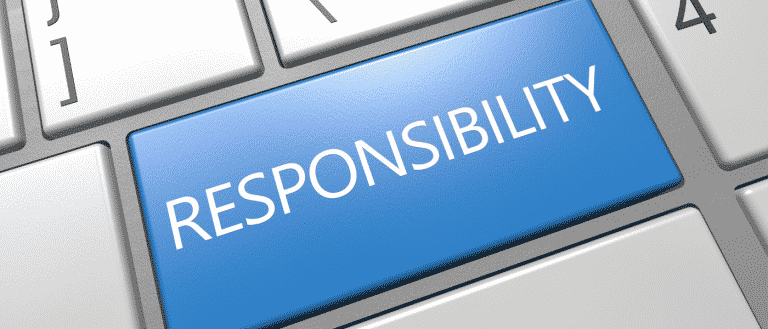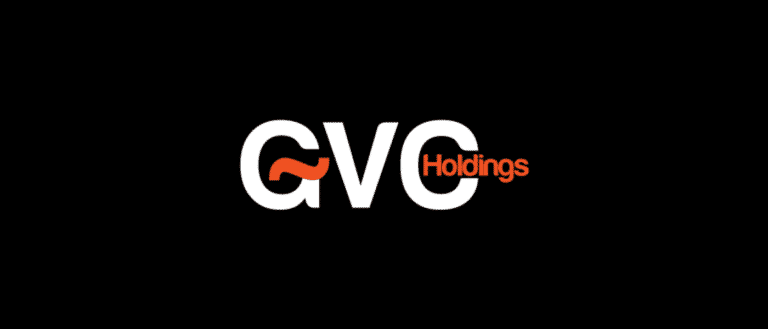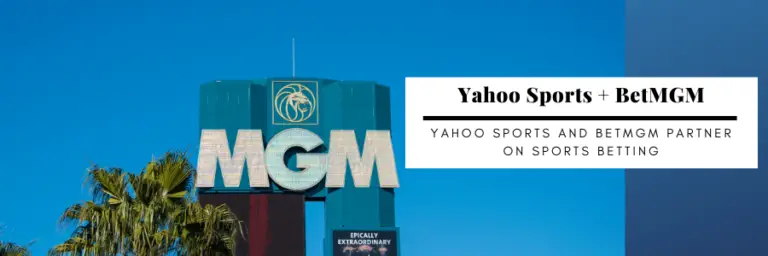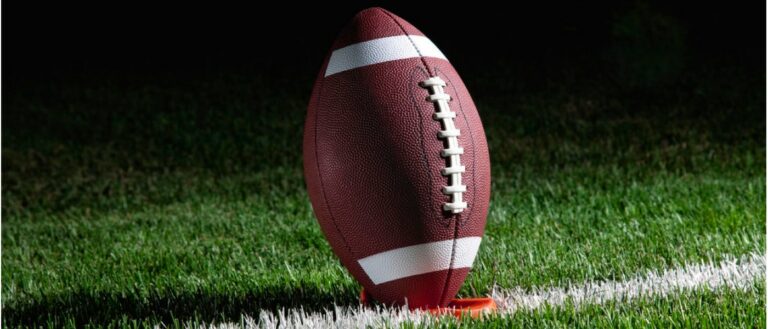NFL Sportradar Partnership: The Value Of Official Data
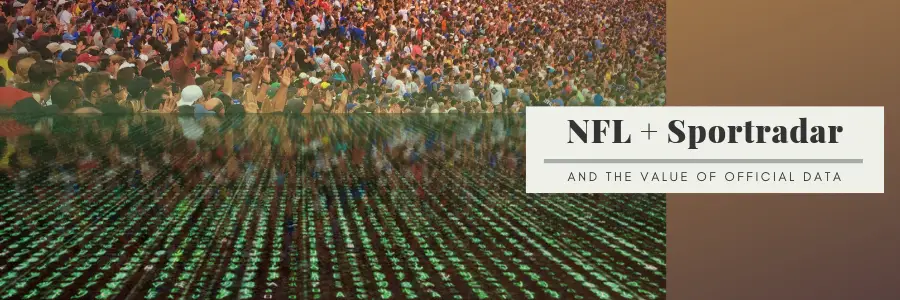
The NFL has named sports data firm Sportradar its official distributor of league data. Sportradar now has exclusive rights to distribute NFL data involving real-time scores, player stats and more to media organizations and sports betting operators moving forward.
The Sportradar NFL deal also includes the leagues Next Gen Stats technology that provides advanced data and analytics that cannot be collected by merely watching a game in real-time. Next Gen Stats leverages sensors embedded in players’ pads and throughout the stadium to capture a wide range of data including routes run, player speed, player acceleration, and more.
Now, Sportradar will be the exclusive and official distributor of NFL betting data to legal sportsbooks inside the US and abroad.
Does Official Data Provide Any Real Benefit to Operators?
The concept of official data may sound a bit odd to the average NFL fan. Is “official” data any different than the myriad scores and stats we can find on ESPN, NFL.com, or any fantasy sports site?
The various platforms that provide such data to the public already collect it from an official source if you consider watching NFL games on TV “official.”
The difference here is two-fold. First, the NFL will be directly providing data to Sportradar. This data comes straight from the source and it is official in the sense that it isn’t open to interpretation. The league calls the final score and outcome of every play every time – for better or worse.
Second, Sportradar and its client sportsbooks will receive sports betting data that cannot be gleaned by simply watching games on TV and checking box scores. Average player speed and acceleration stats can be used to create more specific in-play betting markets and to assist the oddsmakers in generating more accurate lines.
Of course, sportsbooks will have to pay Sportradar and the NFL for the honor of using official data. The pro sports leagues have been unsuccessful in convincing legislators across the country to pass laws forcing operators to pay the leagues a percentage of their betting handle just for the privilege of accepting wagers on pro sports games.
The concept of official data has proven a more lucrative means for the NFL and other leagues to monetize legal sports betting in the USA. The leagues have even convinced some lawmakers to force operators to rely on official data, but operators in some states without such mandates have voluntarily entered deals such as this one for league data.
To circle back around to the original question, the utility of official data is debatable. The leagues contend official data is faster, more reliable, and more in-depth than data collected by third-party sources.
When we say “in-depth,” think pitching speeds in baseball and ball spin in golf. The types of data being collected by the pro sports leagues today have gone far beyond simple scoring tallies.
Numerous sports betting operators are willingly ponying up the cash to enter similar agreements, although it is unclear if this is because they truly find official data valuable, if this is just a business decision made out of necessity due to some states passing laws with official data mandates or if access to the data is just one more negotiating point for larger deals made between leagues and operators.
On the other hand, some operators have been not at all shy in criticizing official data. Longtime oddsmaker Jimmy Vaccaro said this about data back in June:
“My database in my brain is just as much or more than the database that they can send out. People like me have been doing it for their entire life and it always comes out about the same, we hold about the same percentage wise. … We don’t need help. What are they going to offer me that I can’t already see? We don’t need their database that bad.”
Legal Precedent for Official Data
It all comes down to whether the data generated by teams during games—live events – can be considered proprietary. The Supreme Court has already said no:
“When a television network broadcasts a live sporting event, no underlying performance precedes the initial transmission-the telecast itself is the only copyrighted work.”
That means the data generated during the game is not protected work, just the broadcast itself.
On the other hand, sports leagues have no obligation to just give data out for free even if that data cannot be collected from any other source. The PGA Tour won a case back in 2004 when Morris Communications claimed the PGA had a monopoly over scoring information and refused to share that information without certain restrictions.
The basis of the Morris Communications monopoly complaint was that there was no way for scoring information to be collected other than following players hole-by-hole and recording their results, but made it impossible for third parties to collect and share that data in a timely manner because spectators were prohibited from bringing cell phones and hand-held devices to PGA Tour events. Therefore, the only source of scoring information came from the PGA Tour itself.
After hearing the case, the court concluded:
“Contrary to Morris’s argument regarding copyright law, this case is not about copyright and the district court did not find the golf scores to be trade secrets. The district court correctly found that a company-even a monopolist company-that expends time and money to create a valuable product does not violate the antitrust laws when it declines to provide that product to its competitors for free.
“PGA has accommodated Morris at every step along the way, has agreed to sell its product to Morris, and has acted appropriately to protect its economic interests and investments. Yet Morris demands that it be given access to the product of PGA’s proprietary RTSS, without compensating PGA, so that Morris can then sell that product to others for a fee.
“That is the classic example of ‘free-riding,’ the prevention of which, under antitrust law, constitutes a legitimate pro-competitive reason for imposing a restriction. For the foregoing reasons, we affirm the district court’s grant of summary judgment in favor of PGA and the district court’s order denying Morris’s Rule 60(b) motion.”
What we can take from this is sports leagues cannot claim copyright ownership of publicly available sports scores and related data, but they are also not obligated to provide harder-to-get data to outside sources at no cost.
Does Unofficial Data Open Operators to Risk?
As past court cases tell us, there is no law against collecting unofficial data from sporting events. If an operator chooses to work with an unofficial third-party provider, it is free to do so in states that do not require the use of official data.
However, the window of opportunity in going that route is quickly closing – if it hasn’t closed already. The world’s leading sports data processors and distributors have already reached deals with the major sports leagues – deals that preclude the providers from sharing data with operators lacking an official relationship with the leagues.
Relying on unofficial sports betting data providers may be cheaper in the short run, but it may expose operators to legal and financial risk.
If unofficial data is too slow, it opens the door to courtsiding and slower in-play betting markets. A delay of just a few seconds in an in-play betting market will give anyone present at the game a chance to book wagers on in-play betting markets before the sportsbook learns the outcome.
Slow or unreliable data can also lead to legal action in the worst case or to customers leaving a sportsbook in droves as their wagers are reversed or excessively delayed before being accepted. A sportsbook that makes too many mistakes along those lines will find itself bleeding customers to the competition.
The Value in Official Data
When it comes to official data, the perceived value is different for every player involved. For the leagues, it is a way to get a piece of the action. The leagues took the brute force approach at first in lobbying lawmakers across the country to simply force sportsbooks to hand over a percentage of their betting handle to the leagues.
When that didn’t work, the leagues turned to official data. The leagues have managed to convince some statehouses to write data mandates into sports betting legislation but have still had to improve the product on their end for operators in other states without such mandates.
The leagues have entered numerous partnerships with sports betting operators and data providers on the free market since the Supreme Court struck down PASPA – and incidentally providing ammo for the argument that legal mandates regarding official data are unnecessary.
Operators gain value in a couple of ways. First, they can rest assured their data is timely and accurate. And if there are any disputes, sportsbooks can tell irate customers to take it up with the league that provides official data and results.
Second, the deals operators are reaching with leagues often include advertising rights, access to certain trademarks such as logos, and more. In these cases, data plays just one role in wide-ranging partnership agreements.
Tania brings over 10 years of experience as a gambling industry reporter to BettingUSA.com, providing frequent news coverage and coverage of current events.

